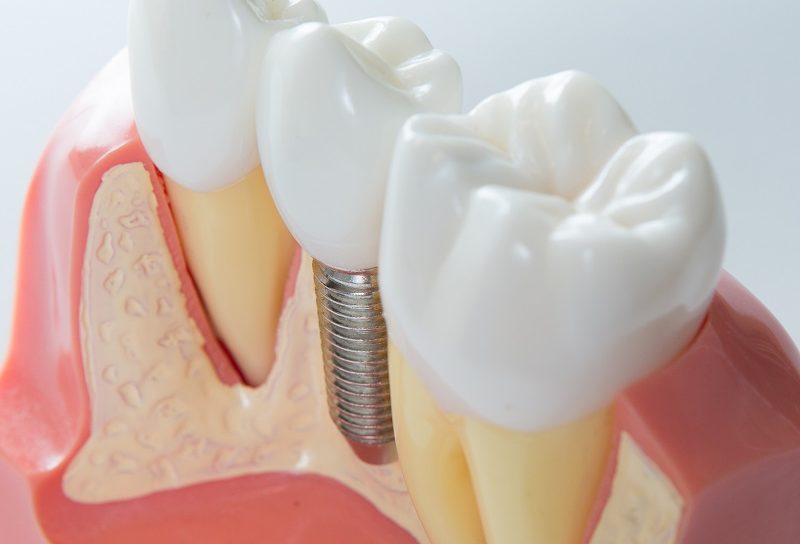If you have missing teeth, you understand the importance of dental restorations. Not only do they enhance your appearance, but they also improve your oral health and restore your ability to eat and speak with ease. In the past, dental restorations were limited to bridges and dentures. However, with the invention of oral implants, a whole new world of dental restorations has opened up.
Introduction to implants and their importance in dentistry

Dental implants Clapham are small titanium screws that are surgically placed into the jawbone. They act as artificial tooth roots, providing a stable base for dental restorations such as crowns, bridges, and dentures. Implants are the only dental restorations that mimic the natural function and appearance of teeth. They have shown themselves to be incredibly versatile and can be used to replace a single missing tooth or an entire arch of teeth.
The evolution of dental restorations
The history of dental restoration dates back to ancient times when people used animal teeth, seashells, and even stones to replace missing teeth. Over time, dental restorations evolved, and dentures and bridges were introduced. While these restorations were effective, they had their limitations. Dentures could slip, causing embarrassment and discomfort, while bridges require the grinding down of healthy teeth.
Advancements in dental technology
The introduction of oral implants in the 1960s revolutionised the field of dentistry. Since then, dental technology has continued to advance, making implant-based restorations even more effective and accessible. For example, the use of 3D imaging and computer-aided design (CAD) has allowed dentists to plan and place implants with greater accuracy and precision. This has led to faster healing times and improved outcomes for patients.
The benefits of implant-based restorations
Implant-based restorations offer numerous benefits over traditional restorations. First and foremost, they are more stable and durable. Unlike dentures, implants don’t slip or shift, and they don’t require messy adhesives. Implants are also more comfortable than dentures and don’t cause irritation or soreness in the mouth.
Implant-based restorations also preserve the integrity of the jawbone. When a tooth is lost, the bone in that area begins to deteriorate. This can lead to a sunken appearance and further tooth loss. However, implants stimulate the jawbone, preventing bone loss and preserving the natural shape of the face.
The future of dental restorations

Thanks to advancements in dental technology, implant-based restorations are becoming increasingly popular and faster to implement, with some surgeries able to offer same-day implants. These restoratives offer a long-term solution to missing teeth, and with proper care, they can last a lifetime. Implants are also compatible with other dental treatments such as orthodontics, making them a versatile option for a variety of dental needs.
Overall, oral implants have opened up a whole new world of dental restorations. They offer numerous benefits over traditional restorations, including increased stability, durability, and preservation of the jawbone. As dental technology continues to advance, implant-based restorations are only going to become more accessible and effective. If you’re missing teeth, talk to your dentist about implant-based restorations and discover the many benefits they have to offer.

